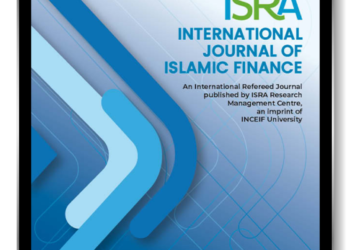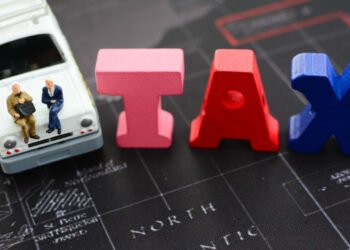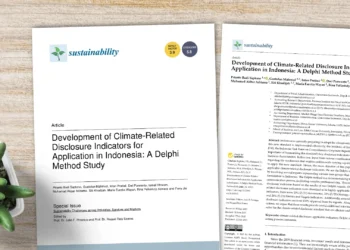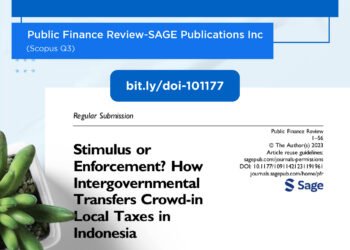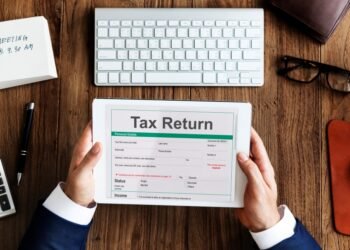Prianto Budi Saptono
Department of Fiscal Administration, Faculty of Administrative Science, Universitas Indonesia, Depok, Indonesia,
Ismail Khozen
Department of Tax Policy, Pratama Institute for Fiscal and Governance Studies, South Jakarta, Indonesia
Gustofan Mahmud, S.Pd., M.Sc
Tax Policy Research Department, Pratama-Kreston Tax Research Institute, Jakarta 12530, Indonesia
Accounting Department, Sekolah Tinggi Ilmu Ekonomi Swadaya, Jakarta 13620, Indonesia
Sabina Hodžić, P.hD
Department of Public Finance, Faculty of Tourism and Hospitality Management, University of Rijeka, 51410 Opatija, Croatia
Intan Pratiwi, S.E.
Tax Policy Research Department, Pratama-Kreston Tax Research Institute, Jakarta 12530, Indonesia
Dwi Purwanto, S.E
Tax Policy Research Department, Pratama-Kreston Tax Research Institute, Jakarta 12530, Indonesia
Lambang Wiji Imantoro
Tax Policy Research Department, Pratama-Kreston Tax Research Institute, Jakarta 12530, Indonesia
Abstract
This study explores the interplay between tax incentives, creative compliance, and innovation in enhancing business resilience and sustainability among
micro, small, and medium enterprises (MSMEs) in Indonesia, addressing gaps in the existing literature regarding their interrelationships during crises. A cross-sectional survey of 360 MSMEs was conducted, utilizing the Partial Least Squares Structural Equation Modeling (PLS-SEM) approach to analyze complex relationships among variables. The findings reveal that creative compliance, including tax planning and avoidance, does not directly impact resilience or sustainability. While tax incentives did not significantly enhance resilience during crises, they contributed to long-term sustainability. Innovation emerged as a critical factor linking creative compliance to business success and fully mediating the effects of tax incentives on resilience. This study emphasizes the necessity for MSMEs to prioritize innovation in their strategies, particularly in conjunction with effective tax practices, and highlights the need for government support through simplified regulatory frameworks to foster an innovative business environment. Limitations include the challenges of incorporating control variables in SEM and the need for further research into the long-term effects of these factors on sustainable performance.





